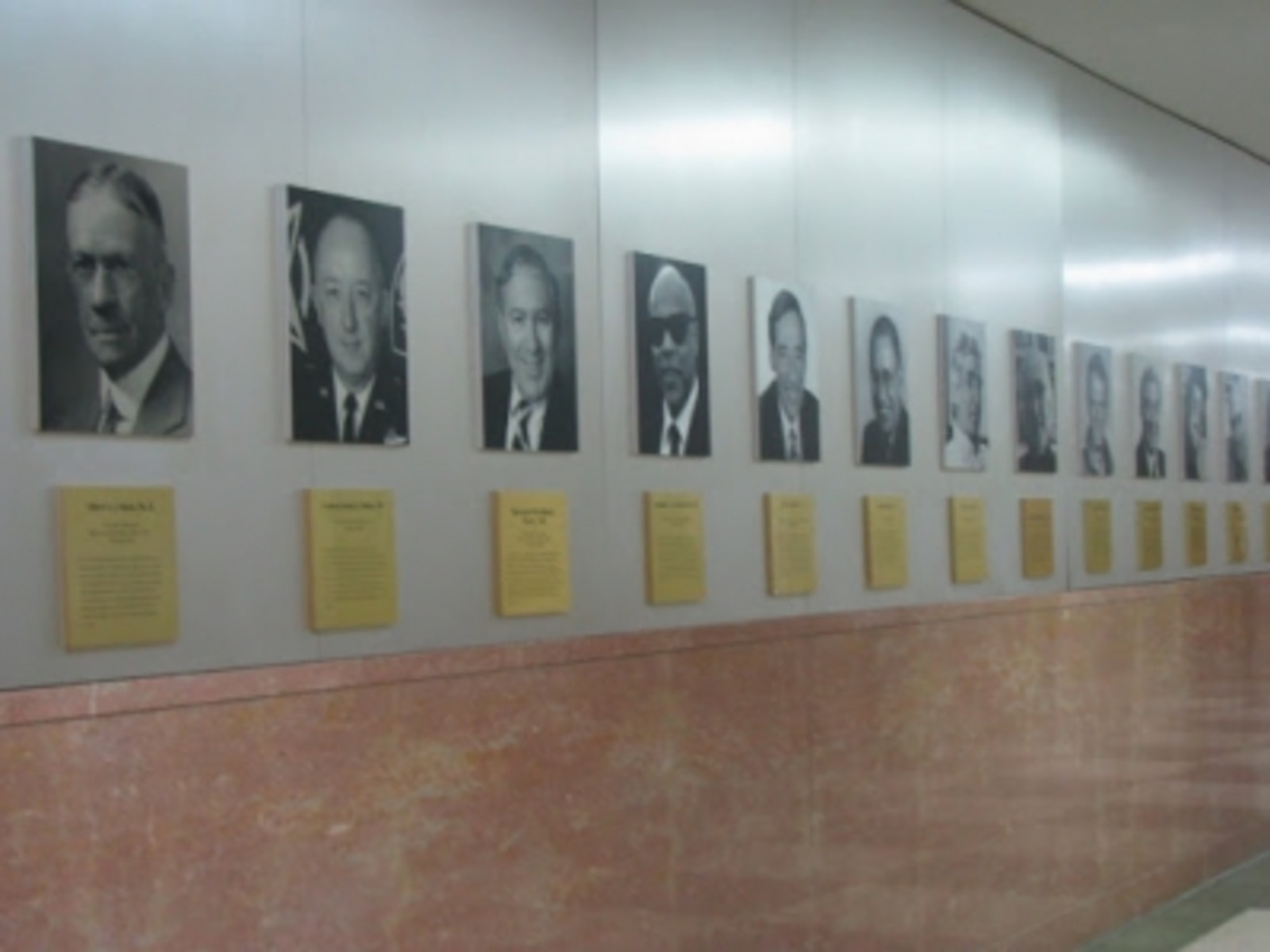Keep exam, say specialized high school alums

Offer more test prep. Give all 7th-graders a practice exam and allow 8th- and 9th-grade test-takers more time to complete the competitive specialized high school exam known as the SHSAT. Those are among the proposals that a coalition of graduates of the city's eight specialized high schools that use the SHSAT sent this week to City Council Speaker Melissa Mark-Viverito. With the City Council slated to take up the issue of the future of the exam on Dec. 11, alumni signing the letter oppose any move to abandon the exam, the sole determinant of which students get into Stuyvesant and the other exam-based specialized high schools.
The alumni echo calls for more racial diversity at the schools, which have few black and Latino students, but say abandoning the test is not the solution. Instead, the Coalition of Specialized High School Alumni Organizations note that 15 percent of middle schools account for 85 percent of students admitted to specialized high schools and call for "correcting unequal educational opportunities that exist in the elementary and middle schools."
"Nobody wants to hear the real problem is the educational system," Larry Cary, president of the Brooklyn Tech Alumni Foundation and one of the signers of the letter, said in an interview. People are "fooling themselves," he said, if they believe they can maintain the rigor of the specialized schools while they "wave a magic wand and overlook the fact that the educational system in New York City is as bad as it is for large numbers of kids."
In addition to increasing the availability of free test prep, offering a practice test in 7th grade and giving students more time to complete the exam, alumni call for reinstatement of the Discovery Program, an initiative created by the legislature in 1971 that allows promising "disadvantaged" students who narrowly miss the cutoff score for admission to a specialized high school after taking and passing a summer course. Bronx High School of Science and Stuyvesant stopped participating in the Discovery Program in the early 2000s, according to former Stuyvesant Principal Stanley Teitel, after a change in the program's criteriafor gaining admission to a specialized high school.
Critics of the SHSAT, including Mayor Bill de Blasio, have called for going further. Many want the schools to consider additional measures, such as an essay, middle school grades, scores on state standardized tests and attendance. In essence, this could make the process for getting into one of the specialized schools similar to that for other selective city high schools, such as Bard Early College and Townsend Harris.
Any change in admissions policy at Stuyvesant, Bronx Science and Brooklyn Tech requires approval by the state—always a long shot. (The city may be able to make the change at the five newer specialized schools.) In their letter, the alumni also disputed that a change would lead to an increase in the number of black and Latino students at the schools. They compared the demographics of the eight specialized high schools with those of the eight highest achieving (based on SAT scores) screened high schools and found that the "multiple measure" schools were likely to have more white students and more affluent students than the schools using the SHSAT.
"While 15 percent of the city's 8th-graders are white, enrollment in the multiple-measure schools is 40 percent white, compared with 24 percent at the test-in schools," The Daily News reported in an editorial.
Statistics show that screened schools tend to have more blacks and Latinos than the specialized schools. While blacks and Latinos accounted for about 12 percent of those admitted to the specialized schools last year, they represent 19 percent of students at Townsend Harris, 33 percent at Bard Early College, 15 percent at Eleanor Roosevelt and 40 percent at Beacon. One big difference is the number of Asians at these schools. While more than half of all children offered a seat at specialized high schools this year are Asian, Asians account for only 16 percent of the teenagers attending Bard and 9 percent at Beacon.
At a City Hall press conference in October, David Jones, president of the Community Service Society, who supports adding other criteria, admitted it would be difficult to find a measure that promoted true diversity and maintained high standards. "This is going to have to be delicately done," he said. "There is no silver bullet."
All sides are expected to weigh in on Dec. 11 when the City Council Education Committee holds its hearing on diversity in schools. Although the council has no control over admission criteria for the specialized schools it will be considering a resolution offered by Councilwoman Inez Barron and co-sponsored by 11 other members urging the state legislature to pass legislation that would "would establish procedures and standards for admission to the special high schools of New York City which will consist of multiple objective measures of student merit including grade point averages, school attendance records, school admission test scores and state test scores."
Download the alumni letter here: Specialized_HS_Alumni_Org_-_Open_Letter_final_12-1-14_1.pdf.
Please Post Comments